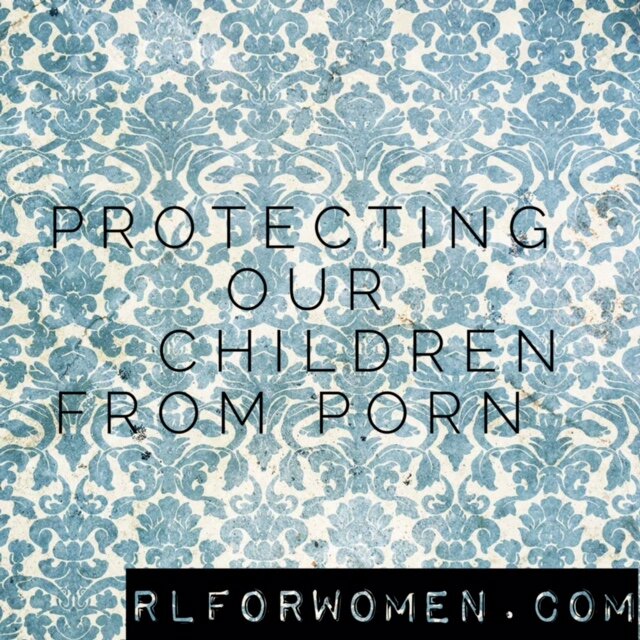Protecting Our Children From Pornography
Last Monday, I headed up to Fort Collins to share my story with a local MOPs group. They were so great. In preparation for the talk, I realized that not everyone in the room would be able to relate to my story. But some would. As I was doing a little research, I found that 1/3 of pornography viewers are women. And 47% of households in the US report pornography as being a problem in their home. So I walked in knowing that half of the wives there would relate on some level. But what about the rest? As my children, each day, get a little older, I realize that as their mom, I play a primary role in protecting them from pornography. I think for any of us that have been affected by betrayal, we naturally have a passion to keep our children safe from porn. If we want to keep our kids safe, we first need to understand a couple of things:
As my children, each day, get a little older, I realize that as their mom, I play a primary role in protecting them from pornography. I think for any of us that have been affected by betrayal, we naturally have a passion to keep our children safe from porn. If we want to keep our kids safe, we first need to understand a couple of things:
- The average age of first exposure to pornography is between seven and nine years old.
- Typically this exposure is not intentional. Rather, it's by accident. Examples include a child looking for videos on YouTube or a couple of friends browsing the internet after school. It's innocent. And then it happens. And those images are hard to get rid of once they hit our brain.
- Porn exposure at such a young age can disrupt the normal neuro-chemical, social and emotional development of the child. (And I must also mention that porn exposure at any age can disrupt the normal processes within our
With that being said, here are three practical suggestions in keeping your kids safe from pornography:
- Protection within your home - in our home, there will never be a computer in one of our boy's bedrooms. I don't know when my boys will be allowed to carry a cell phone, but it will not have internet access on it for a very long time.
- Protection within others homes - I screen other parents before our children can go alone to a friend's house. This was inspired by a course I recently took. Here is a sampling of what I like to ask:
- Will there be older boys there? (cousins, neighbors, etc.) Reason being - the average age of a sex offender is 14 years old.
- Is it okay if my child doesn't have access to media while he is at your home?
- Is it okay to leave the doors open when playing?
- Validating Emotions and working on your children developing their self-intimacy - Because the crux of a sexual addiction is an intimacy disorder, we are working on helping our boys explore their feelings. Initially, children feel something but can't put what they are feeling into words (heck, I'm an adult and this happens to me, too!). So in the here and now, we are working on allowing our children to feel what they feel. Then we start asking them questions in order for them to put words to their feelings. Using a feelings wheel might prove to be helpful. It's something I use in my groups and us ladies are constantly referring to it!
What about you? Is there anything you could share here that you are doing to help prevent your children from being exposed to pornography? I'd love to hear. xo-Shelley
